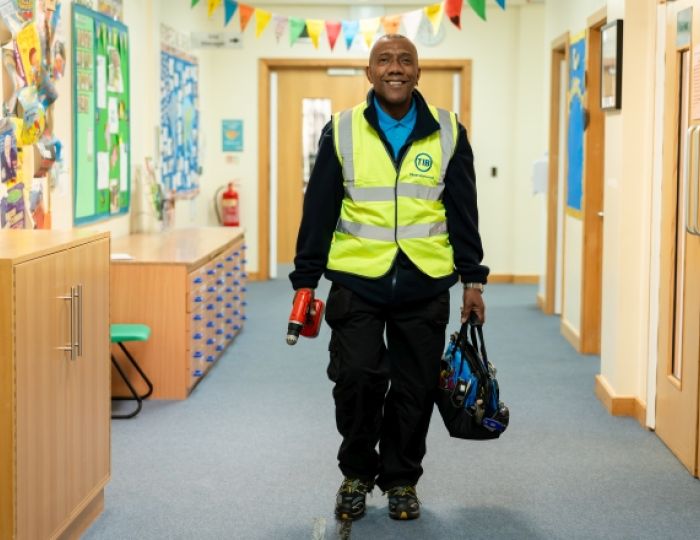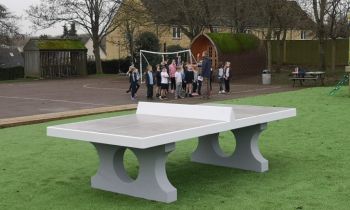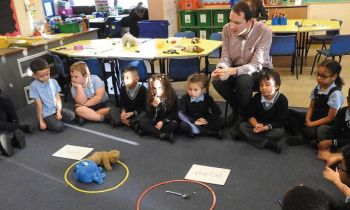Building positive relationships and establishing effective communication with others are, I would say, key to successful leadership. If you struggle to relate to and communicate with those around you, I would respectfully suggest that leadership might not be the best professional course for you.
Headteachers need to foster productive relationships with those within their school community – pupils, staff, parents, governors – but making connections with others beyond the school is also crucial for leaders if their schools are to flourish within the wider educational landscape. So what can you do to improve your networking skills?
Remember you’re an ambassador
When engaging in a professional capacity with people outside the school, recognise that you represent your school – and that those you meet may well form judgements accordingly. This can be both a challenge and a privilege.
I remember parents telling me, “We chose this school because we bought into you and what you seemed to stand for.” Be constantly mindful of this.
Introversion needn’t stop you
Even if you’re introverted and shy (and many strong leaders are), you can still make positive connections with others by showing your passion for education, your commitment to your school and your role and your care for those within it – the pupils and staff.
Be authentic, open and warm. Successful networking isn’t about glitz and charisma. I’d suggest that it’s actually about positive human connection.
Look for unfamiliar faces
At events outside of school, resist the temptation to speak only to those whom you already know. Actively seek out new contacts, and be especially alert to those who seem to know few people and who perhaps appear isolated.
Networking is always about giving as well as gaining, and contributing and supporting others in addition to learning and benefiting yourself.
Ask questions
Recognise that when you meet others at conferences and other events you need to achieve a balance between talking about yourself and your school, and asking questions which enable you to learn about others. Some of the educational professionals whose social skills I most admire are those who always show a genuine interest in those they meet.
Engage online
Professional learning networks built through online interactions can be poweful. The educational links that have developed over time between Twitter users, for example, can be extremely useful and supportive, both practically and emotionally. Consider with whom it might be interesting to connect and build rapport – again, for mutual benefit.
If you’re new to using Twitter for the purposes of professional development, seek out someone who uses it for just that and see what you can learn from them. Ross Morrison McGill (@TeacherToolkit) has a useful list of 101 educators worth following that can help you get started. It can be especially interesting and rewarding to meet people at conferences with whom you’ve already made a virtual connection.
However (un)comfortable you might feel in situations where you recognise few people and need to build relationships, remember that it’s an important skill for school leaders to have – and that the rewards can be considerable.
Jill Berry is a leadership consultant and former headteacher; her book Making the Leap – Moving from Deputy to Head is available now, published by Crown House










